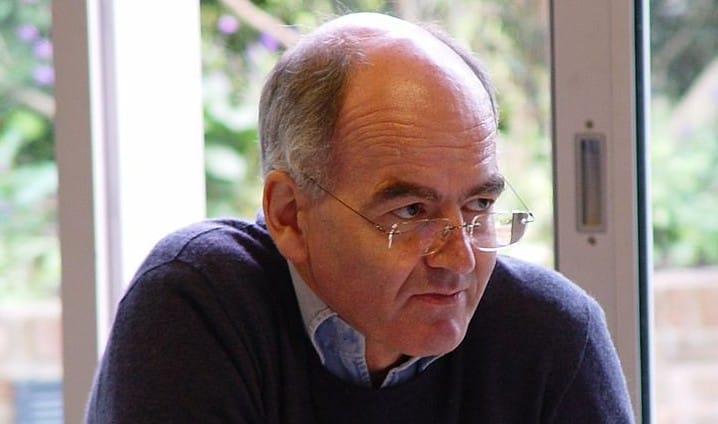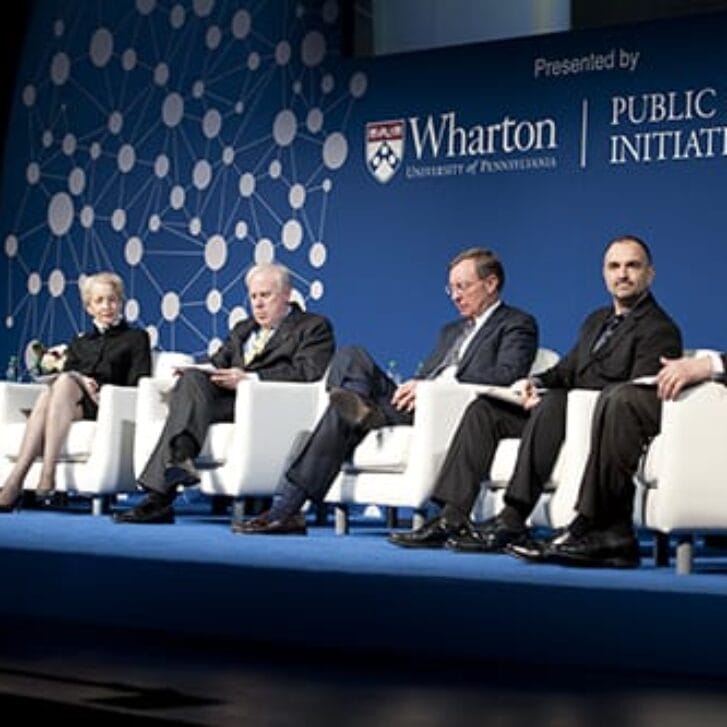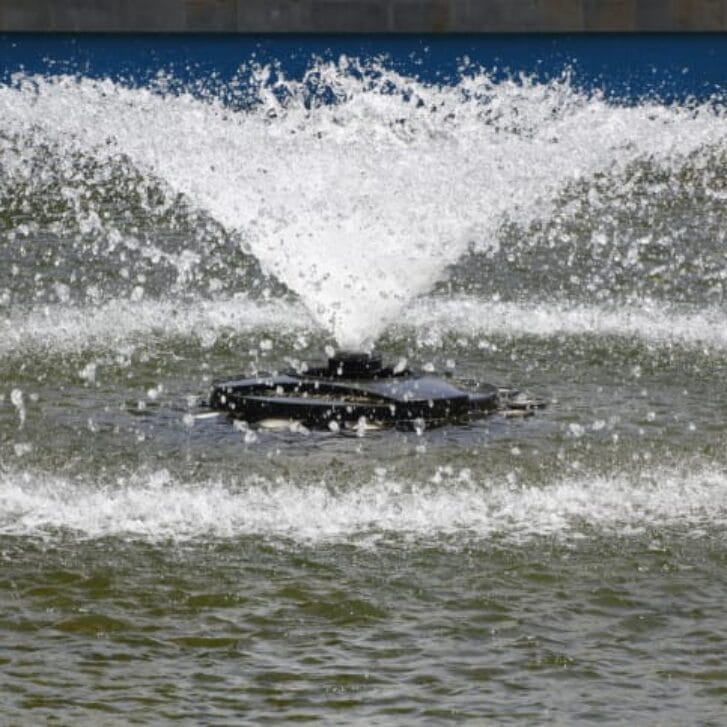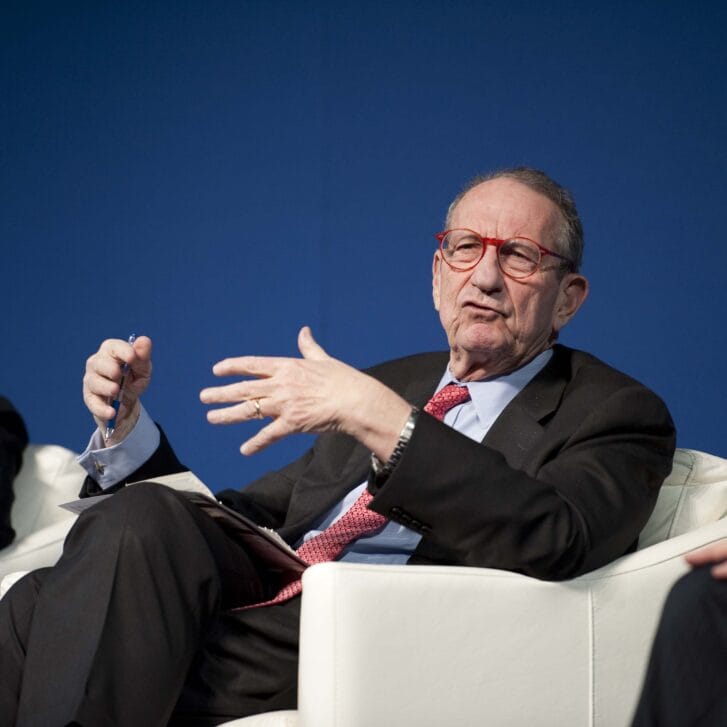Forget about the triple bottom line and forget about what you think “sustainability” means. According to John Elkington, the consultant, entrepreneur, author and thought leader who invented the concept of the triple bottom line and who has been working on sustainability issues for 30 years, the current definition of sustainability isn’t broad, visionary or chaotic enough.
The critical issues surrounding sustainability have changed, Elkington told the audience at Globalization Trendlab 2012, hosted by the Lauder Institute and the Wharton School. Sustainability isn’t about focusing on individual issues, but about the systemic dysfunction of the global economic system. It’s not about fine-tuning the existing structure to meet reality, but the cross-generational launch of new models.
By Elkington’s estimate, the global economic system is 50 years into a “paradigm shift” and perhaps approaching a point of acceleration toward change.
Corporate America reacted to this shift by denying it in the 1960s, by trying to comply with government regulations related to it in the ‘70s and ‘80s, and through volunteerism and corporate social responsibility (CSR) in the ‘90s and 2000s.
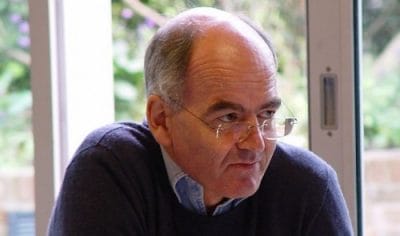
But after three decades of working with corporations in their various stages of reaction to sustainability, Elkington said, he grew frustrated and began looking for more speculative ventures through which he could help drive “cultural evolution.”
He believes social entrepreneurs will aim for “zero targets” as the next step in the shift. These change-makers aren’t just individuals in the vanguard. Intrapreneurs can work within large organizations and multinationals to affect change. These “zeronauts,” as he calls them, are the focus of his latest book.
Where does that leave the rest of corporate America—those who are fine-tuning their existing operations to make them more sustainable?
It leaves them facing demands to get up to speed. These demands come not just from government, but from their business partners. The biggest recent example is Wal-Mart Stores, which is driving sustainability through its entire supply chain, and doing it in short order.
Elkington provided a “5-D” framework to his audience at Wharton to help handle the new sustainability paradigm, which involved giving up the incremental for the systemic, the narrower scope for the wider, the shallower analysis for the deeper, lower estimates for higher ones, and short-term thinking for the long term.
Globalization TrendLab seeks to generate new knowledge and analysis on the problems and opportunities inherent to a global economy through annual academic conferences that link highly respected scholars that span disciplines and nations. Elkington’s speech was a keynote address that took place on April 12.




















